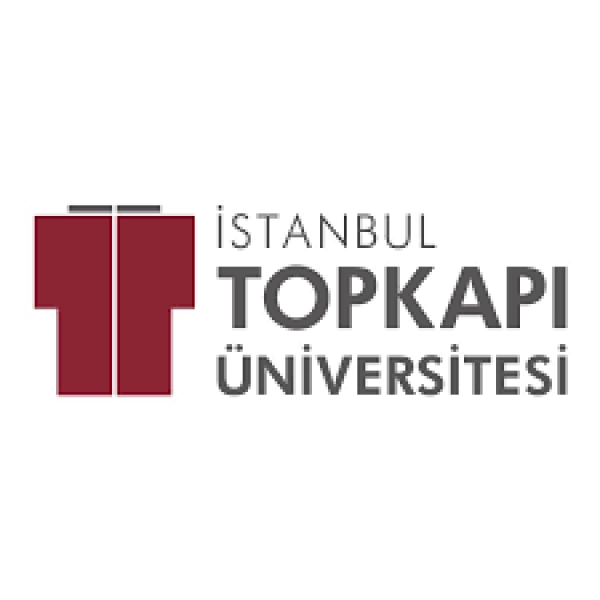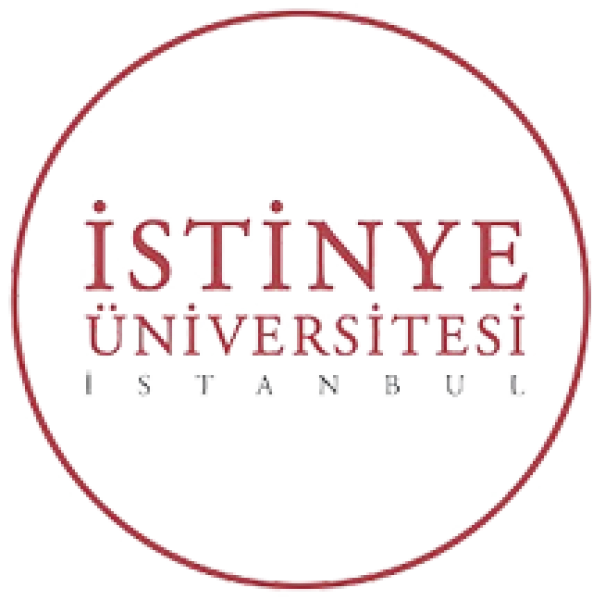College: Graduate School of Natural and Applied Sciences
The Artificial Intelligence specialization focuses on developing intelligent machines and software capable of performing tasks that typically require human intelligence. Students gain skills in machine learning, natural language processing, computer vision, robotics, and ethical considerations in AI, preparing for careers in tech companies, research institutions, and related fields.
Learning Objectives:
- Understand the fundamentals of AI and its applications.
- Develop skills in machine learning algorithms and techniques.
- Learn natural language processing and computer vision techniques.
- Explore robotics and autonomous systems.
- Analyze ethical considerations and societal impacts of AI.
- Develop critical thinking, problem-solving, and programming skills.
- Gain practical experience through projects and internships.
Main Curriculum:
- Introduction to AI - Overview of AI, its history, principles, and industry trends.
- Machine Learning - Basics of machine learning, algorithms, and applications.
- Natural Language Processing (NLP) - Techniques for processing and understanding human language.
- Computer Vision - Methods to enable computers to interpret and understand visual information.
- Robotics and Autonomous Systems - Principles and applications of robotics and autonomous systems.
- Ethical Considerations in AI - Ethical issues, societal impacts, and responsible AI development.
- Data Mining and Big Data Analytics - Techniques for extracting insights and patterns from large data sets.
- AI in Industry - Applications of AI in various industries such as healthcare, finance, and transportation.
- AI Research Methods - Methods for conducting AI research, experiment design, and data analysis.
- Capstone Project/Internship - A comprehensive project or internship applying AI skills, such as AI application development, conducting research, or completing field training.
Assessment Methods:
- Analysis of AI fundamentals
- Machine learning algorithm implementations
- Natural language processing projects
- Computer vision reports
- Designs for robotics and autonomous systems
- Ethical considerations in AI essays
- Data mining and big data analytics projects
- AI industry case studies
- AI research method reports
- Capstone projects/internship reports and presentations
Recommended Textbooks:
- "Introduction to Artificial Intelligence" by Stuart Russell and Peter Norvig
- "Machine Learning" by Tom M. Mitchell
- "Natural Language Processing" by Daniel Jurafsky and James H. Martin
- "Computer Vision" by Richard Szeliski
- "Robotics and Autonomous Systems" by Various Authors
- "Ethical Considerations in AI" by Various Authors
- "Data Mining and Big Data Analytics" by Various Authors
- "AI in Industry" by Various Authors
- "AI Research Methods" by Various Authors
Prerequisites:
Basic knowledge of computer science, mathematics, and programming.
Duration of Specialization:
Typically, 4 years for a Bachelor's degree or 2 years for a Master's in AI.
Certification:
Graduates can earn certifications such as:
- Certified Associate in Artificial Intelligence (CAIA) from the AI Association
- IBM Data Science Professional Certificate
- Google Cloud Certified - Professional Machine Learning Engineer
- Microsoft Certified: Azure AI Engineer Associate
Target Audience:
Aspiring AI specialists, machine learning engineers, data scientists, robotic engineers, and professionals seeking careers in tech companies, research institutes, healthcare, finance, and related fields.
This specialization equips students with the technical and analytical skills necessary to excel in AI, supporting careers in various roles within tech companies, research organizations, and related fields.




